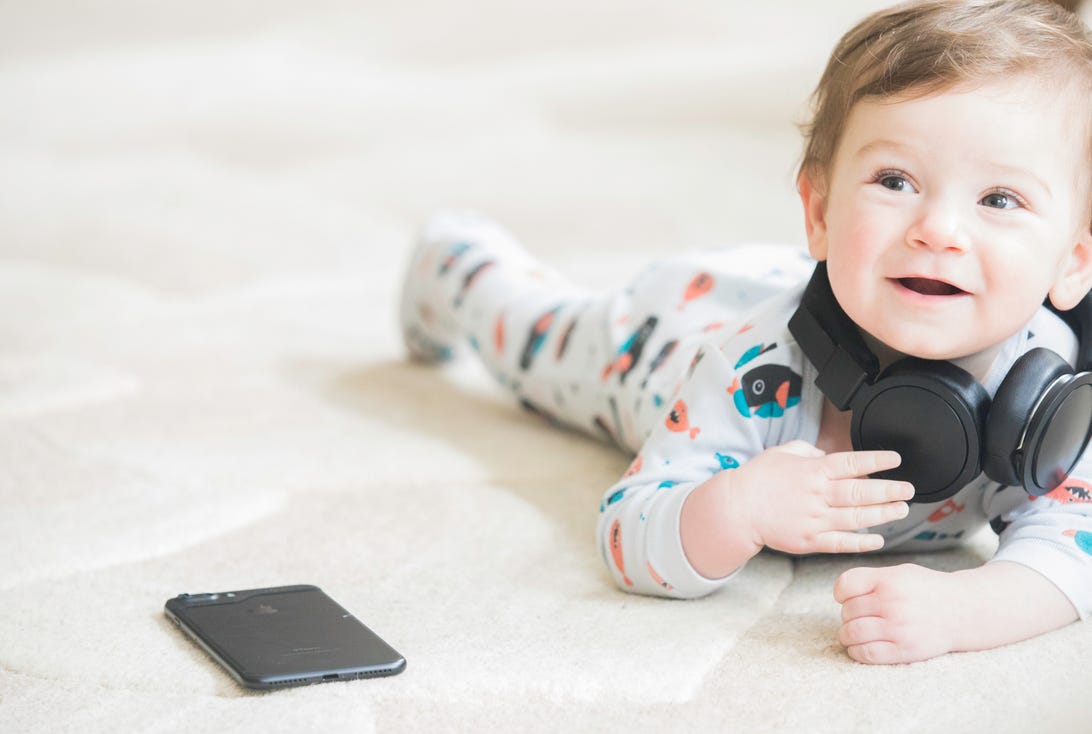
For the past 19 months, my wife and I have been living with another human.
He can get cranky, and he’s sometimes a picky eater. But he can also flash a smile that melts your heart.
I’m talking about my toddler son, Theodore.
As a tech reporter and the producer of CNET’s Status Update podcast about parenting in the modern age, I’m often asked how much kid tech I own.
The answer: Not much.
And that’s notable because I’m a tech fan boy. I get a new iPhone every year, I regularly geek out over new software, and I can’t wait to play the Nintendo Switch with Theodore when he’s older.
When it comes to stuff that’s supposed to help me in my life as a dad, there are plenty of products that pass the “oh, that’s clever” test. But few justify their price by truly upending the way I parent today.
That’s a problem, and not just because needy and sometimes desperate parents could really use some good tech to help with their kids.
It’s also an issue because bad products may end up hurting an industry that’s still so small that few analyst firms follow it. Electronics accounted for less than 9 percent of baby product sales in 2015, according to industry watcher GfK. The top purchases by parents: food products, car seats and strollers.
That’s part of the reason founders like Naya Health‘s CEO Janica Alvarez are frustrated by venture capitalists who just don’t appear to understand women in technology at all. In one case, a male VC refused to touch her company’s flagship product, the $999 Naya Smart Breast Pump. He called it “disgusting,” she told Bloomberg. (Alvarez successfully turned to Kickstarter for her second product, a $79 smart bottle, due early next year).
That kind of resistance, mixed with the typical white-male heavy demographicof the tech industry, has slowed the evolution of baby tech products.
“They’ve tried to build a better mousetrap instead of disrupting an industry,” said Sara Mauskopf, CEO of Winnie, an app to connect parents and help them find stuff to do nearby. “It’s a lack of founders with the right background and insight into the problem.”
